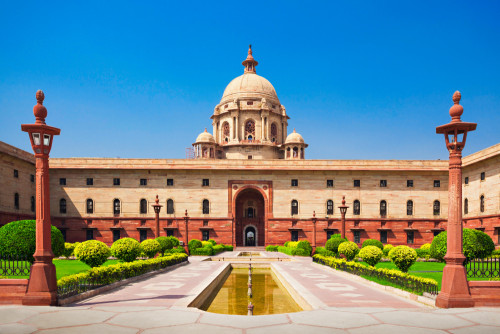Our headline features this week talks about India’s historic move to approve Women Reservation Bill. On 21st September 2023, India achieved a historic milestone as lawmakers approved a groundbreaking bill aimed at ensuring that one-third of seats in the lower house of parliament and state legislatures are reserved for women. However, the actual implementation of this legislation hinges on India completing the upcoming population census and the intricate process of redrawing constituency boundaries, known as delimitation. The data collected during this Census plays a significant role in the delimitation process. The bill is anticipated to take effect during the 2029 national elections.
Prime Minister Narendra Modi, during the presentation of the bill, hailed it as a momentous occasion and a source of national pride. In Hindi, the legislation is known as “Nari Shakti Vandan Adhiniyam.” Despite more than 25 years of development, this bill finally secured passage in the lower house (Lok Sabha) with an overwhelming vote of 454-2 on Wednesday. Notably, two members of the opposition All India Majlis-e-Ittehadul Muslimeen party opposed the bill due to its omission of reservations for Muslim women. It's essential to note that this reservation policy will not apply to the upper house, where members are selected by state legislatures. To become law, the bill now requires approval from at least half of India's 28 state legislatures. This historic move underscores India's commitment to fostering gender equality in political representation, a critical step toward ensuring that the voices and perspectives of women are adequately represented in the nation's democratic processes. While challenges remain, this legislation marks a remarkable stride toward a more inclusive and equitable political landscape in India. The bill can come into effect only after the decennial Census has been conducted. Read More!


